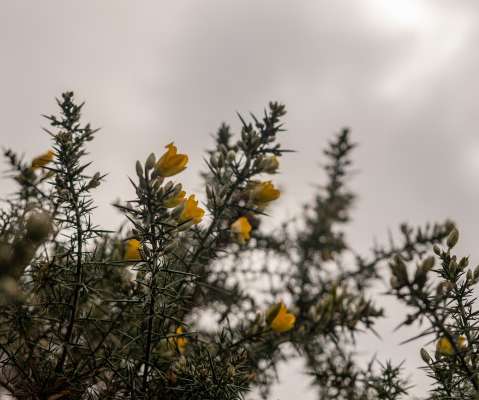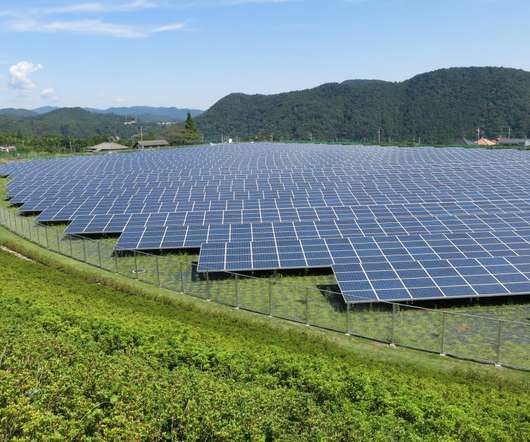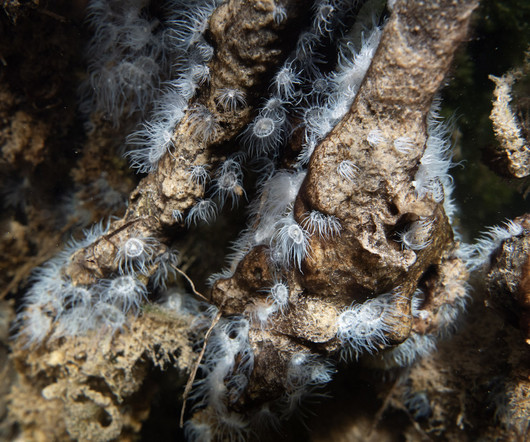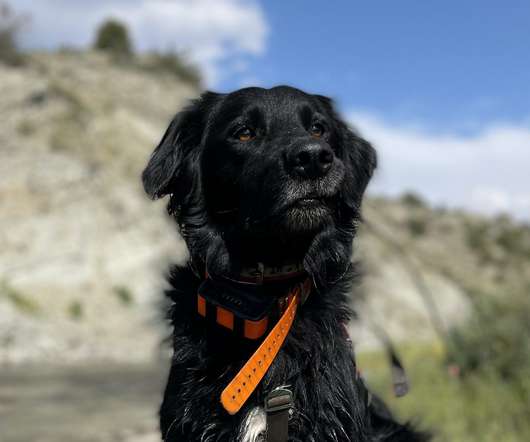February forage of the month with Ruby Taylor
Low Impact
FEBRUARY 3, 2021
With the start of the ‘hungry gap’ a month away, Ruby Taylor of Native Hands shares her February forage of the month, starring early greens. Soon we’ll be entering what’s known as the hungry gap (which lasts from March to May), when cultivated local veg are scarce. Photo by Ruby Taylor.
















Let's personalize your content